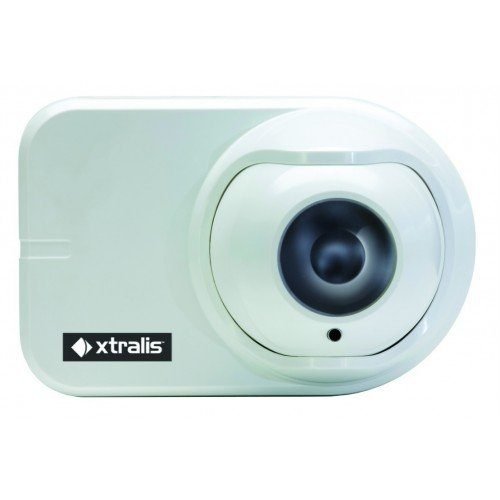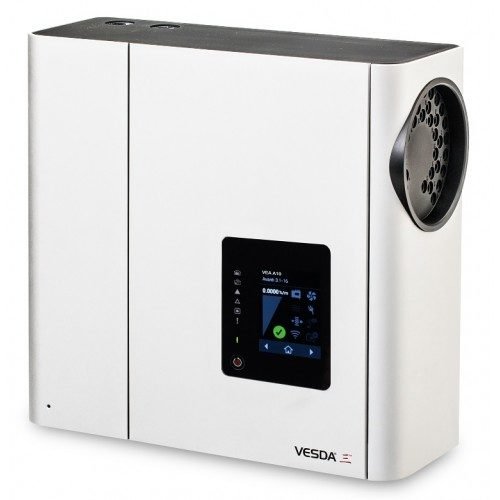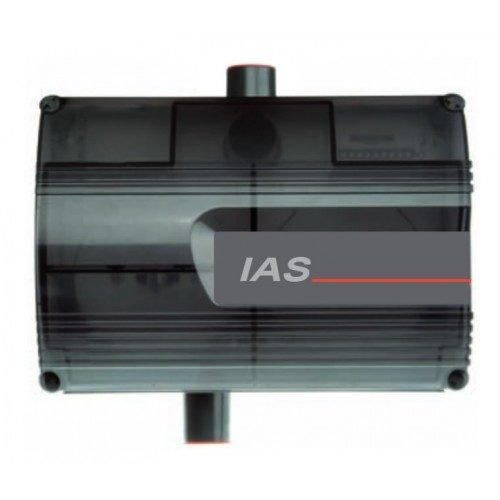Description
Talentum Flame Sensor Test Unit 16091
The Flame Sensor Test Kit is a tool which is designed to test flame detectors without the need of real flames. This test unit has been designed to generate a wide range of optical output signals. Flame sensors for fire detection and flame monitoring applications can be activated and tested.
Key Features:
Mimics the characteristics of real flames
Wide Spectral Output UV, Visible, Near IR, Mid-IR
Tests many flame sensors types UV, UV/IR, UV/IR2, IR3, IR2, IR
Portable with Rechargeable NiCd battery pack and charger
Selectable Optical Output Type – Constant illumination, Regular flashing sources (range of frequencies), Irregular flickering sources (resembling flames)
Selectable optical output intensity with LED bar graph indication
Range typically 3 metres and beyond
30 Second timeout on each test
Auxiliary 24Vdc supply for testing
Functions:
Press 1 for constant illumination, 2 for regular flashing or 3 for irregular flicker. Entering a single digit will illuminate the output to 100% when on. The signal bar graph LED’s will display the signal type selected. To activate the main output sources the * button must be held down.
Most optical flame sensors respond to Ultra Violet (UV) and or Infra Red (IR) radiation emitted from flames during combustion. Many sensors also use flame flicker techniques to distinguish between flames and other optical false sources. The test unit simulates the flickering flame signal by modulating the output of a filament lamp. the thermal time constant of a filament lamp prevents the generation of a perfect flame flicker signal. The slow response of a filement lamp will mean that some flame sensors many require more time to activate under test than they would with a real flame.
Operation:
To power up the unit remove the clip on base and operate the power switch. With the power on the green supply LED will illuminate if the battery has sufficient charge and flash if the battery is low. The yellow signal bar graph LED’s display the intensity and frequency selected.
The unit is intender for service engineers to use, when performing commissioning and routine maintenance. As the test unit does not have an (ex) approval for hazardous areas, a permit would be required to check a detector in such areas. The service engineer could also carry a portable flammable gas alarm to indicate if the area is safe for testing.; Test Unit – Data Sheet





